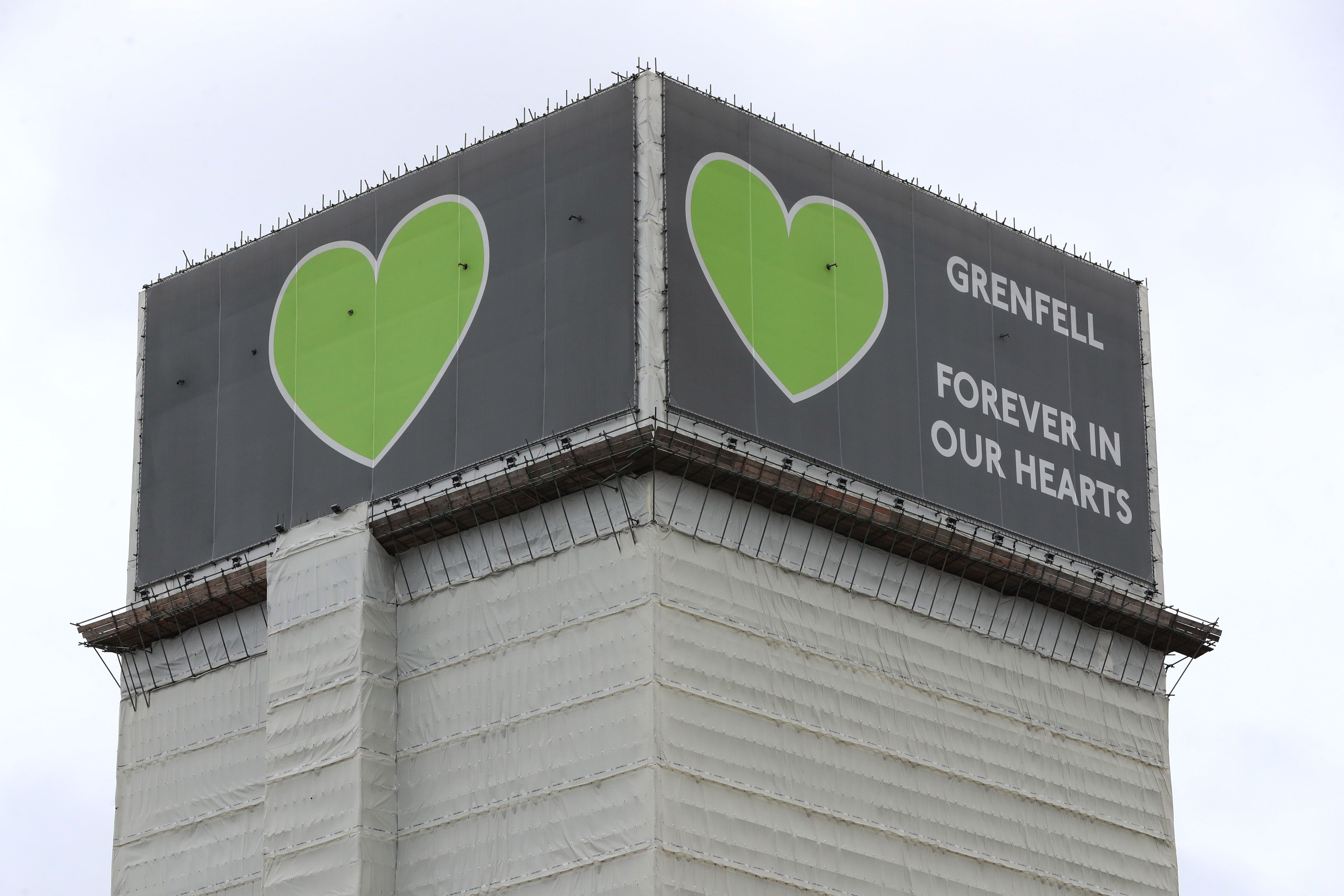Developers must commit to fixing unsafe tower blocks or face ban, says Gove
The plan is the Government’s response to the Grenfell Tower fire, which brought to light safety issues in apartment buildings.

Housing developers have been told by Michael Gove to commit to repairing unsafe buildings or be banned from the market.
The Housing Secretary on Monday announced a six-week deadline for developers to sign a Government contract to fix problematic towers from the past 30 years that are more than 11 metres high.
Companies that do not sign up will be blocked from “carrying out major development, and from receiving building control sign-off for buildings already under construction” under the so-called “responsible actor scheme”, to be established in the spring.
In a written ministerial statement, Mr Gove said: “Developers and building owners responsible for unsafe buildings should be under no doubt: there will be significant consequences if they fail to comply with their legal obligations.”
Five years after the Grenfell tragedy only seven per cent of flats at fire risk have been fixed
Safety flaws in tower blocks were brought to light by the 2017 Grenfell Tower tragedy in west London in which 72 people died.
An inquiry found that cladding on the building helped the fire spread as it was made from highly flammable material.
Mr Gove, at the weekend, acknowledged the Government had not sufficiently regulated the industry, telling The Sunday Times: “I believe that (the guidance) was so faulty and ambiguous that it allowed unscrupulous people to exploit a broken system in a way that led to tragedy”.
The new initiative will create a “common framework of rights and responsibilities” that will get buildings repaired without cost to leaseholders, the minister said in his ministerial statement.
Under the contract, developers will also be required to reimburse taxpayers for public money already spent to remediate unsafe high-rise buildings.
In another step to reduce costs for leaseholders, Mr Gove said he is banning the “unacceptable practice” of managing agents, landlords and freeholders charging leaseholders commissions when they take out property insurance.
Shadow housing secretary Lisa Nandy said Labour supported the principle of the responsible actor scheme.
“However, the Secretary of State has claimed he’s being tough on this before. It has been one year since he last made this demand on developers.
“Five years after the Grenfell tragedy only seven per cent of flats at fire risk have been fixed, and millions are still left with unsellable properties and eye-watering bills.
“People need action not gestures, so Labour will push ministers for hard, urgent timelines for remediation attached to this scheme and further action to ensure fair liability of the winder industry, including the manufacturers of unsafe cladding and insulation.
“Six months ago, Labour called for a new Leaseholder Reform Bill to bring an end to this arcane system, we once again urge ministers to bring forward this bill without delay.”
Bookmark popover
Removed from bookmarks